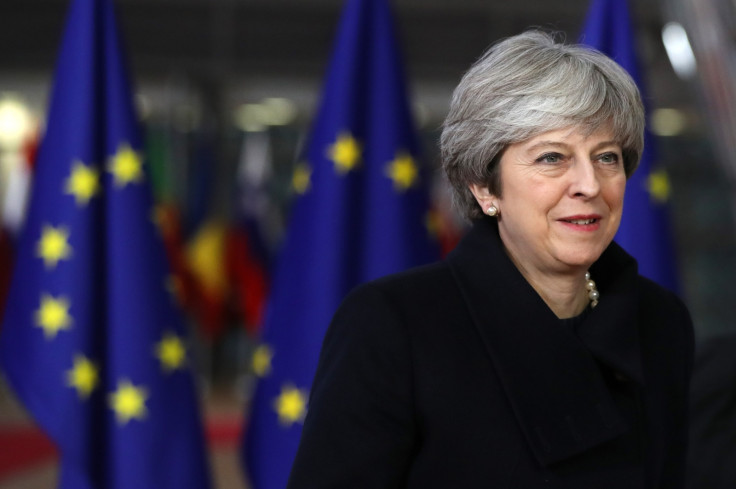All new EU rules will apply to UK during Brexit transition until December 2020
Britain will still have to abide by new EU laws,

EU officials have revealed two key pieces of information ahead of the second phase of Brexit negotiations.
Firstly, the transition period, which will begin once Britain leaves in March 2019, will end on the 31 December 2020.
Secondly, all new EU rules created during that transition period will continue to apply to the UK.
Setting out his negotiating stump ahead of key trade talks which are set to begin in January 2018, the chief EU negotiator, Michel Barnier said that the UK would have a trade-deal akin to that of Canada and South Korea.
The European Commission released their initial trade views saying that "in line with the European Council guidelines of 15 December 2017, any transitional arrangements require the United Kingdom's continued participation in the Customs Union and the Single Market (with all four freedoms)."
Barnier made it clear that the UK cannot have an "a la carte" approach to new EU laws and all would apply during the transition period.
A deal was reached after months of painstaking talks in Brussels last week, which had been derailed by rows over the divorce settlement and the future of the Irish border.
Official guidelines for the next phase of talks state that initial drafts were expected in January on how the trade discussions would evolve.
They also confirm that the UK will be leaving both the single market and the customs union, an area that still causes divisions in Westminster.
The UK cabinet are yet to agree on what exactly they want from the Brexit process which has slowed down the overall process.






















